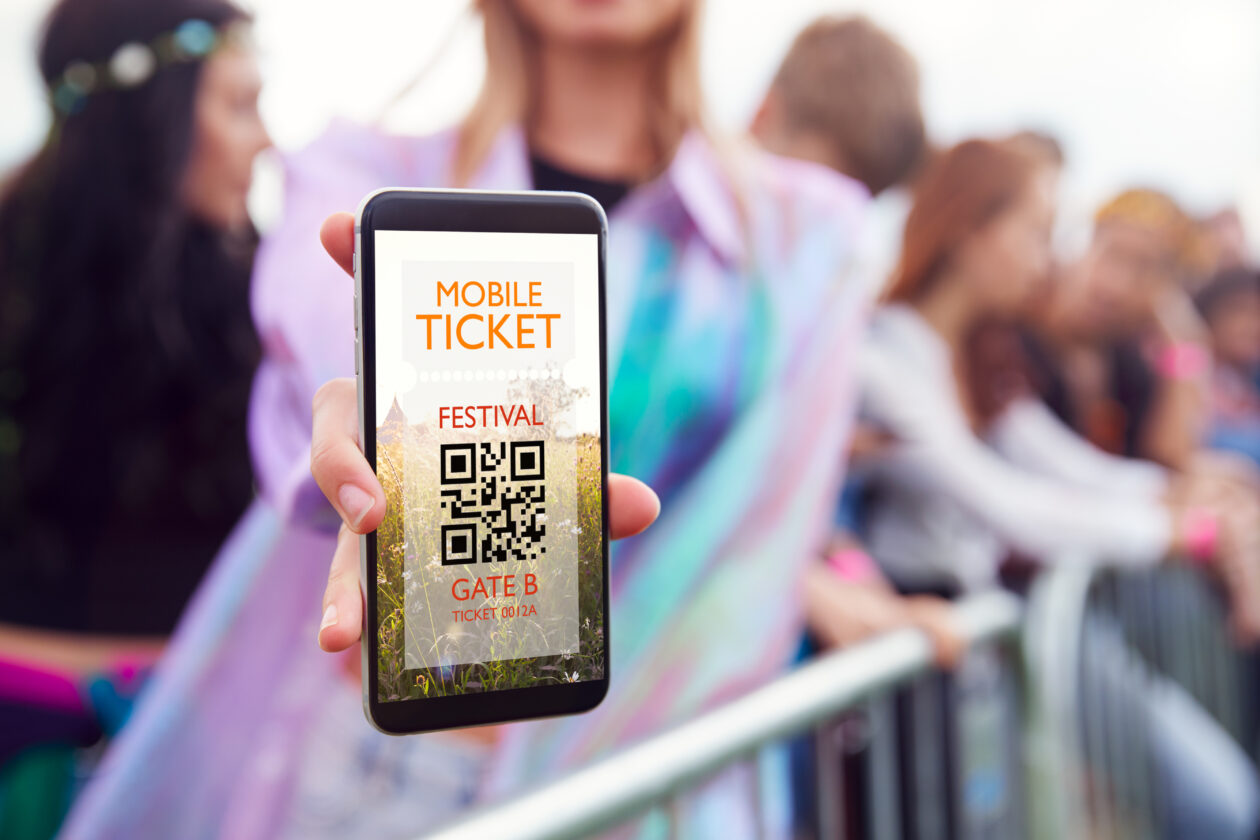While there’s been a lot of new music released since the 1970s, the fact that scalpers, brokers and rent-seeking middlemen are making money at the expense of artists and venues hasn’t changed one bit.
Technology has transformed the way we shop, work and interact with media to an almost unrecognizable extent. However, the way we interact with concert tickets has changed little since barcodes were first introduced in the 1970s. Despite the fact that the ticketing industry is now worth an estimated US$65 billion, you’d be hard-pressed to find an industry more rife with fraud. Ticketing fraud was even blamed for the influx of crowds at the now-infamous Champions League final in Paris, where police deployed tear gas to disperse the masses.
While smaller changes, such as the shift to Web 2.0, haven’t cleaned up the industry, the shift to Web 3.0 could succeed where Web2 failed.
What makes Web3 different?
Web 1.0 refers to the early internet of the ’90s, while Web2 is the current state of the internet, dominated by streaming and social media and controlled by a relatively small handful of companies. Web3 is set to center around interconnected networks, such as a blockchain, to allow people to transfer data and value to each other directly.
One of Web3’s most prominent assets, non-fungible tokens (NFTs), have managed to make a significant impact on a number of industries in a short time period. In fact, the NFT market surpassed US$40 billion in 2021.
With NFTs, every transaction is fully disclosed on a blockchain that cannot be falsified or manipulated, which allows artists to see how their NFT tickets are being sold across their entire lifecycle.
Along with this, artists are able to determine if their tickets can be resold on the blockchain. If they decide to make them available on the secondary market, they’re able to select a set resale price, and ensure they get a fair cut.
Strengthening the connection between artists and fans
NFTs can also provide a new source of value for fans, allowing them to treat tickets as souvenirs that won’t get lost or damaged, since they’re not a piece of paper. Imagine having tickets to historic music events like Woodstock or The Beatles’ final gig — NFTs allow this type of empowered ownership to be a reality.
NFTs can also function as a new way to add another layer of personalization that can help artists build a more nuanced relationship with fans. This could mean rewarding concertgoers with perks, discounts to future events, and even merchandise. NFTs can also serve as a way to add some color to the otherwise humdrum process of checking in. For example, the ticket could morph into a new color scheme or become animated when scanned.
Popular music festival Coachella earlier this year was among the first to trial NFT ticketing and even programmed the tickets to deliver exclusive perks to holders, including posters and other memorabilia. Some of these NFTs even blossomed into rare digital flowers, which users could then swap for weekend passes for the 2023 festival.
MGM Resorts’ Jabbawockeez show also utilized NFT tickets to offer airdropped food and drink tokens, along with a special memento the next day. (Yellowheart was behind these NFT tickets, which are no longer for sale.) Since everything on the blockchain is transparent, fans were also able to find and connect with each other after events, bringing community building to a whole new level.
Event ticketing in the future
It’s an exciting time for the live events industry because of the benefits NFT tickets have already brought to the table. With time, as the technology becomes even more advanced and is adopted by more artists and venues, the possibilities will be truly endless. Industry players that leverage NFT ticketing early will act as leaders in the space and reap the benefits of the technology the quickest.
The big issues within the ticketing industry — trust and transparency — will soon become things of the past. As more venues and live-ticketed events discover the benefits that NFT tickets can bring to the table, these use cases will only continue to grow. Given the possibilities that are made available surrounding authenticity and veracity, this seems like an inevitable evolution for the format. The fact that both artists and venues are getting on board only highlights the relevance of this shift all the more. Modern ticketing needs to be as in touch with the 21st century as modern entertainment is, and embracing NFTs seems like the most logical next step.





